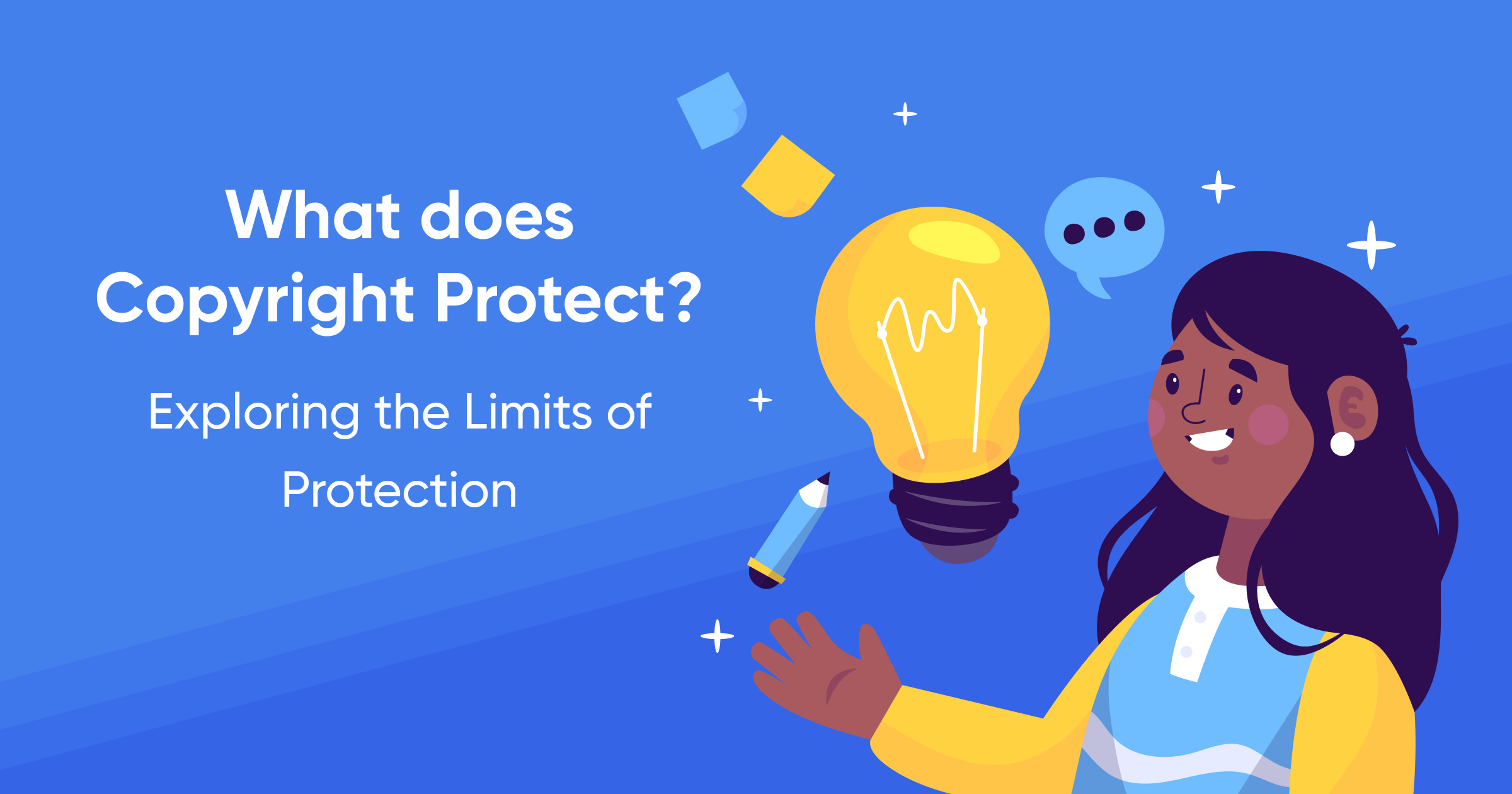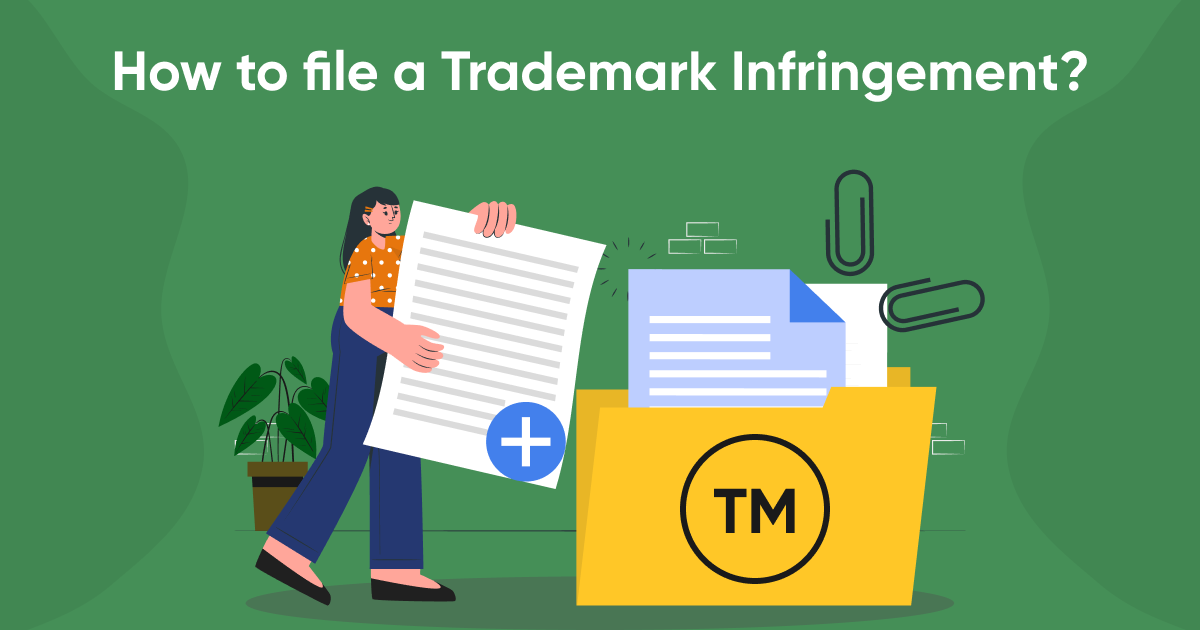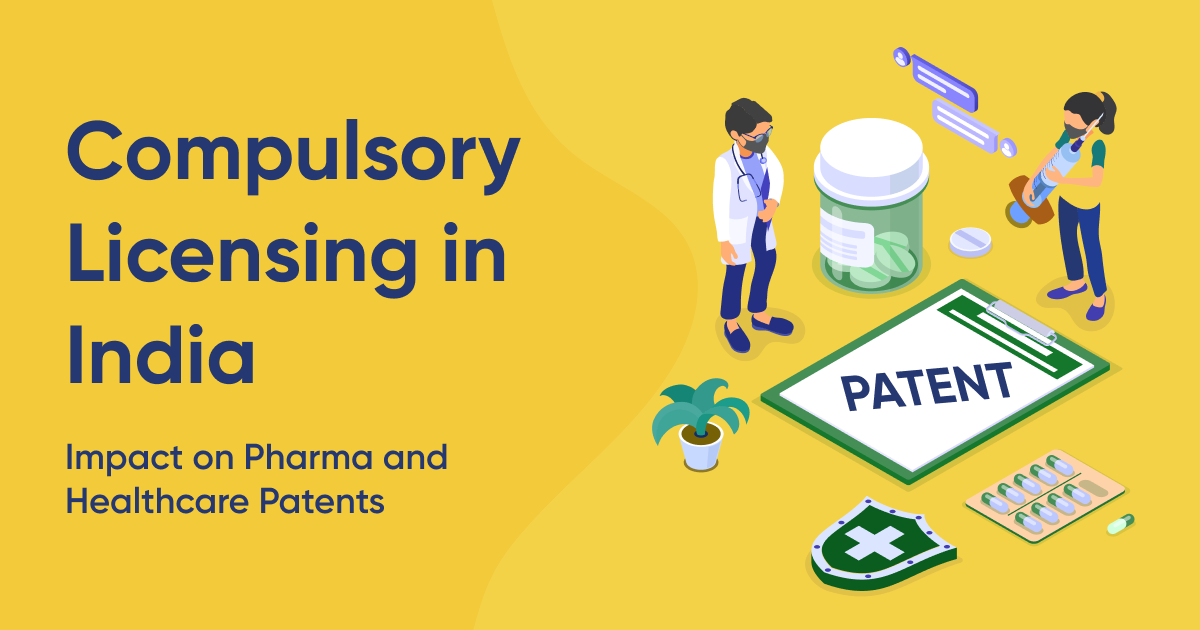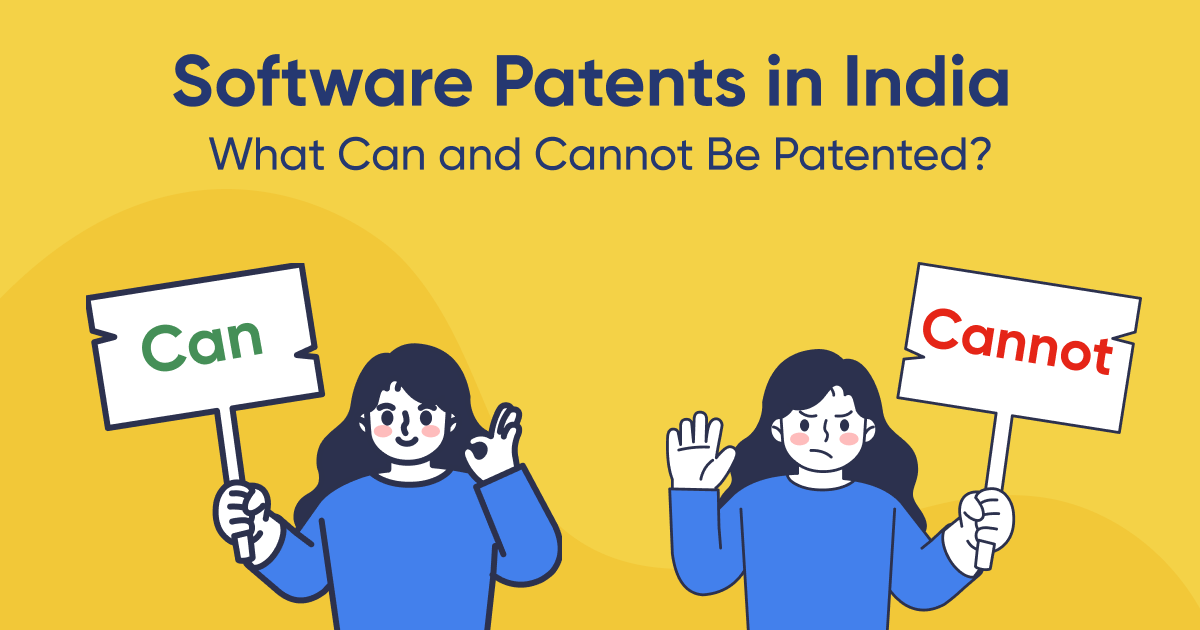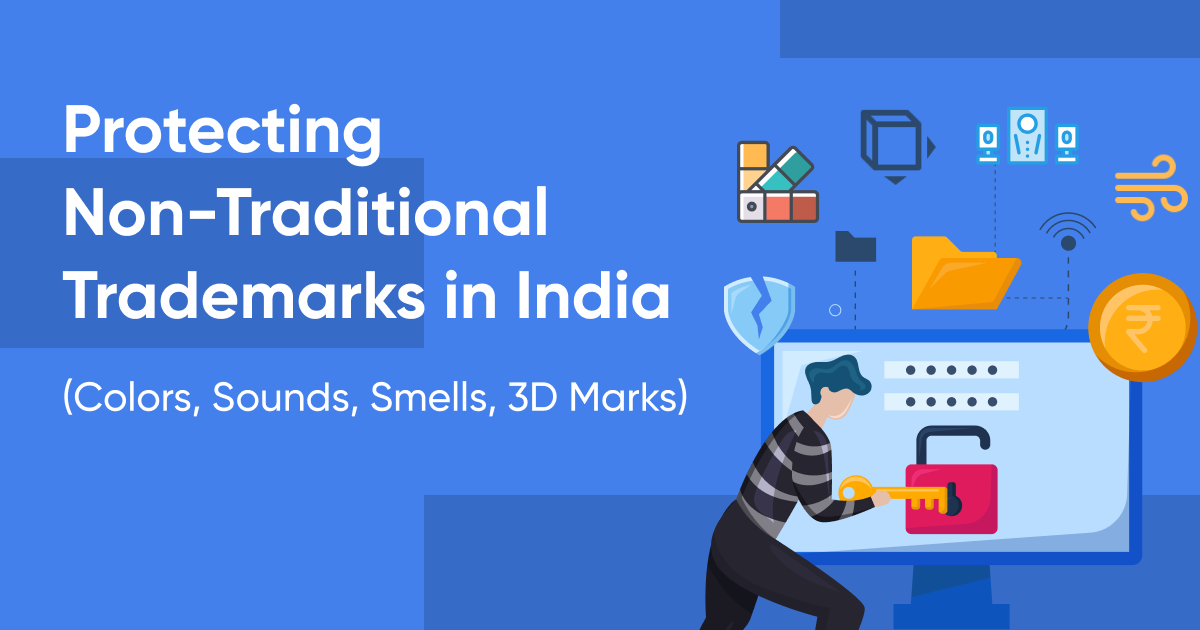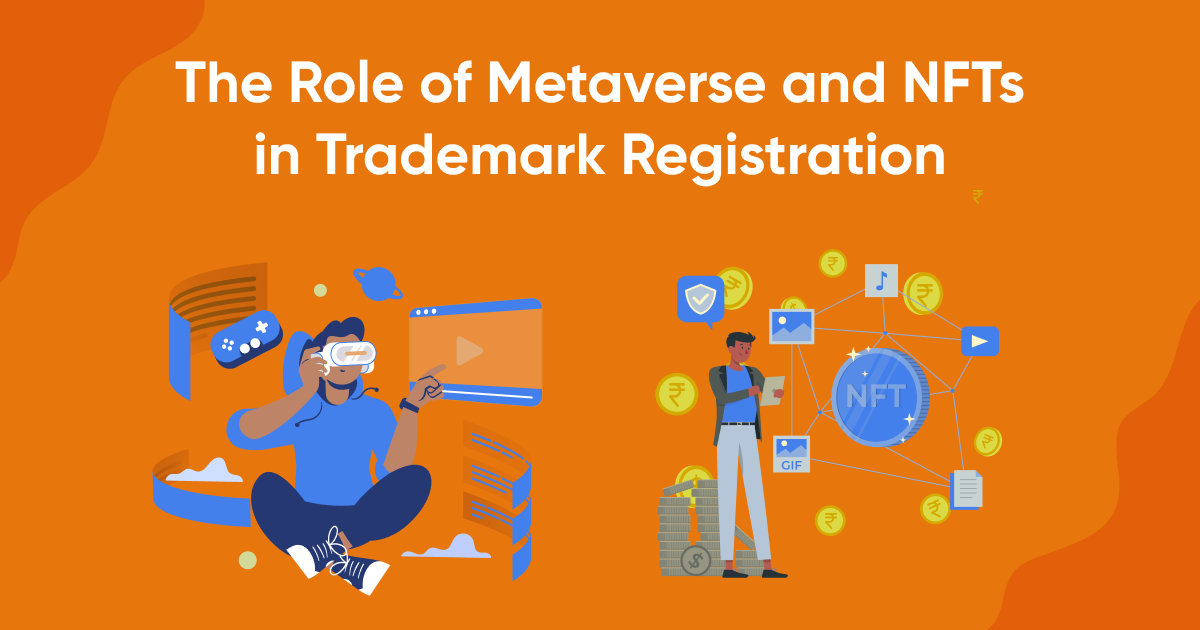The spark of creativity ignites, an idea explodes into your mind, and you imagine a groundbreaking invention, an engaging novel, or a revolutionary app. But a nagging question arises: can ideas be copyrighted?
The answer, while seemingly straightforward, dives deep into the fascinating world of intellectual property law.
This blog explores the intricate relationship between ideas and copyright protection. We'll explore the limitations copyright places on ideas, unveil the forms of expression it shields, and equip you with the knowledge to navigate the legal landscape of protecting your creative spark.
Clarifying Copyright: A Shield for Expression, Not Ideas
What Does Copyright Law Protect?
Copyright exists to safeguard the original expression of ideas, not the ideas themselves. Think of it as a protective shield for the unique way you bring your concept to life. Imagine two novels: both revolve around a time-traveling adventure (the idea), but the plot, characters, and writing style (the expression) are distinct. Copyright protects the author's specific way of expressing the time travel concept, not the concept itself.
This distinction, known as the idea-expression dichotomy, forms the cornerstone of copyright law. The United States Copyright Office succinctly states, "Copyright does not protect ideas, procedures, processes, systems, methods of operation, concepts, principles, or discoveries.
Why Doesn't Copyright Protect Ideas?
Here's why copyright doesn't extend to raw ideas:
-
Encouraging Innovation: Shielding ideas would stifle creativity by hindering others from building upon or utilizing the concept. Free exchange of ideas fuels innovation and progress.
-
Difficulty in Defining Originality: How do you determine the "first" idea? Ideas often spring from shared experiences and cultural influences, making it challenging to pinpoint a single source.
What Does Copyright Protect?
While the bare idea remains unprotected, copyright throws its protective arm around the various ways you express that idea. Let's explore some common forms of expression that fall under copyright's umbrella.
1. Literary Works: Novels, poems, scripts, essays, and even blog posts enjoy copyright protection for the unique arrangement of words, plot development, and character creation.
2. Artistic Works: Paintings, sculptures, photographs, and graphic designs are safeguarded for their originality in composition, style, and visual elements.
3. Musical Works: The melody, rhythm, and lyrics of a song are shielded by copyright, not the underlying musical concept (e.g., a love song).
4. Architectural Works: The unique design and arrangement of a building qualify for copyright protection, not the basic concept of a house.
5. Computer Software: The source code, the user interface design, and the specific programming language used to create software are all safeguarded by copyright.
The key takeaway here is that copyright protects the tangible form in which you express your idea.
Illustrative Examples: Separating Idea from Expression
Let's solidify our understanding with real-world scenarios:
- Concept: A time travel adventure.
Copyrightable Expression: A meticulously crafted plot with specific historical settings, a group of quirky characters with unique personalities, and a humorous writing style.
- Concept: Designing an app to help people learn a new language.
Copyrightable Expression: The user interface design, the specific language learning methodology implemented in the app, and the engaging learning games incorporated.
In both cases, the core idea remains unprotected. However, the unique way the concept is expressed is what copyright safeguards.
Beyond Copyright: Protecting Your Creative Spark
While copyright doesn't shield ideas, other avenues exist to protect your creative spark.
Trade Secrets: If your idea has a potential commercial advantage and is kept confidential, trade secret laws might offer protection. This is often used for formulas, algorithms, and specific business processes.
Patents: If your idea has a novel, non-obvious, and useful invention with a practical application, a patent can provide exclusive rights for a limited period. This is ideal for new machines, processes, or compositions of matter.
Trademarks: For distinctive logos, brand names, or slogans that identify the source of your product or service, trademark protection can be obtained. This helps prevent consumer confusion and protects your brand identity.
Non-Disclosure Agreements (NDAs): When sharing your idea with potential collaborators, investors, or manufacturers, an NDA can ensure they keep your concept confidential.
Remember, consulting with an intellectual property lawyer is crucial to determine the most suitable form of protection for your specific idea.
Strategies to Strengthen Your Expression
Document Everything: Maintain a clear record of your creative process. This could include sketches, drafts, storyboards, or code repositories with timestamps. This documentation serves as valuable evidence in case of copyright infringement.
Register Your Copyright: While copyright protection exists upon creation of a work, registering it with the appropriate authority provides several benefits. It establishes a public record of your claim, simplifies the process of filing an infringement lawsuit, and potentially increases the damages you can recover if someone violates your copyright.
Copyright and the Digital Age: New Challenges and Considerations
The digital age has brought about new challenges and considerations regarding copyright protection. Here are some key points to remember:
The Internet and Sharing Culture: The ease of sharing digital content online can make copyright enforcement more complex. However, copyright protections still apply to works shared online, and platforms like YouTube and social media have mechanisms for reporting copyright infringement.
Open Source Software: Open-source software development relies on collaboration and shared code. Copyright can still exist in open-source projects, but the specific licensing terms determine how others can use and modify the code.
Fair Use: Copyright law includes a concept called "fair use," which allows limited use of copyrighted material without permission for purposes like criticism, commentary, news reporting, teaching, scholarship, or research. Understanding fair use is crucial for both creators and consumers of copyrighted works.
Conclusion: Safeguarding Your Creative Journey
The world of intellectual property can be intricate, but understanding the limitations and protections offered by copyright empowers you to navigate your creative journey with confidence. Remember, copyright shields the unique expression of your ideas, not the bare ideas themselves. Utilize the strategies outlined above to strengthen your expression and explore other forms of protection like patents, trade secrets, or trademarks when applicable. By fostering a culture of creativity and respecting intellectual property rights, we can all contribute to a vibrant and innovative future.
Frequently Asked Questions
What does copyright protect?
Copyright protects the original expression of ideas, not the ideas themselves. This includes literary works, artistic works, musical compositions, architectural designs, and computer software.
Can ideas be copyrighted?
No, ideas themselves cannot be copyrighted. Copyright only protects the unique expression of those ideas, such as a novel, painting, or software code.
What is copyright registration in India?
Copyright registration in India is a process that provides legal proof of ownership of a creative work. While copyright protection exists upon creation, registration helps in establishing public record and can be beneficial in legal disputes.
What does copyright law protect?
Copyright law protects the specific expression of an idea. This includes written works, visual art, music, and other creative works. It does not protect ideas, methods, or concepts themselves.
How can I strengthen my copyright protection?
To strengthen your copyright protection, document your creative process, register your work with the appropriate authority, and understand the limitations and scope of copyright protection. Consulting with an intellectual property lawyer can also be beneficial.
